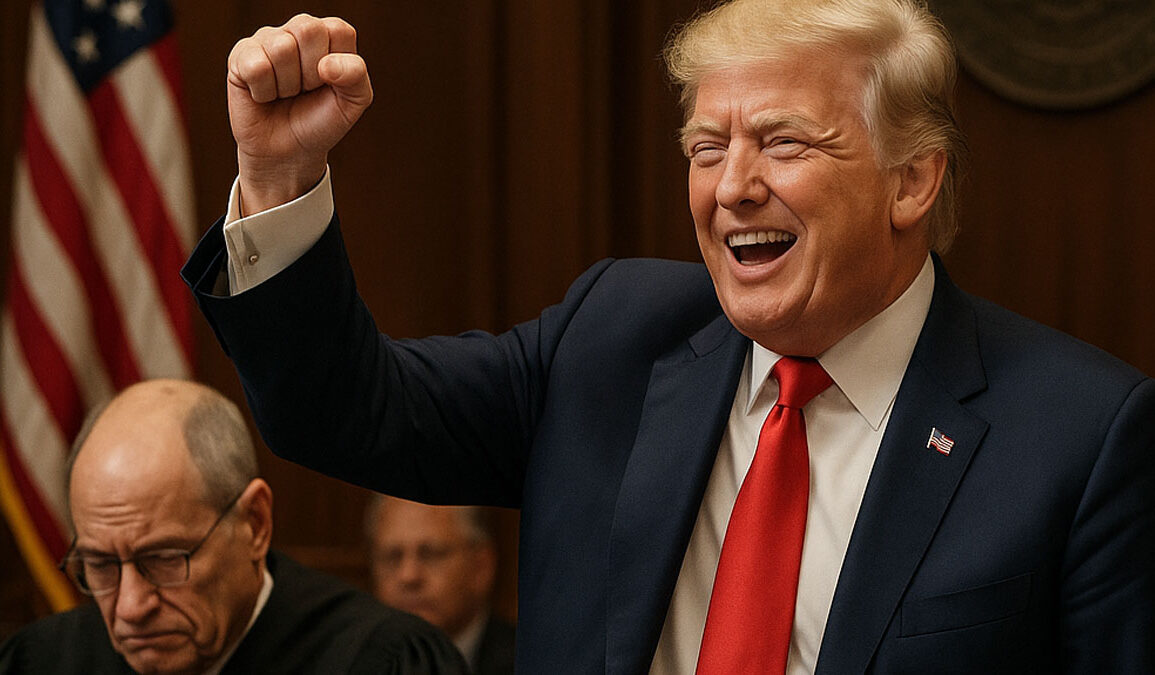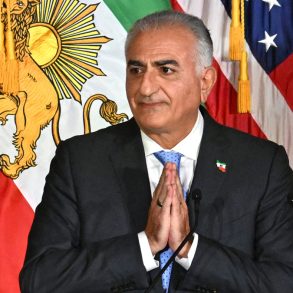The attempt to cripple President Donald Trump with a half-billion-dollar civil fraud penalty has collapsed in spectacular fashion. In a unanimous decision, the New York Appellate Division tossed out Judge Arthur Engoron’s $500 million judgment, calling it unconstitutional, excessive, and utterly baseless. What was once touted by New York Attorney General Letitia James as her “trophy case” has now become one of Trump’s greatest legal victories.
Who Made the Ruling
The decision came from a five-judge appellate panel, which included Judges David Friedman, Dianne Renwick, and Peter Moulton. Their ruling, stretching over 300 pages, dismantled the legal foundation of Engoron’s penalty. Judge Moulton wrote that “while harm certainly occurred, it was not the cataclysmic harm that can justify a nearly half billion-dollar award to the state.” Other judges went even further, saying Engoron’s order violated the Eighth Amendment’s protection against excessive fines. In short, the appeals court found that the punishment had no connection to reality.
The Original Judge and His Punishment
The man behind the original fine, Judge Arthur Engoron, has now been exposed as the one who “cooked the books.” Engoron’s valuation of Trump’s properties was mocked by the appellate court, particularly his infamous claim that Mar-a-Lago was worth as little as $18 million (actually estimates are closer to a billion dollars). Even anti-Trump commentators admitted his ruling was impossible to defend. Judge Friedman blasted Engoron for using a law “in a way it has never been used before – to attack private, successful transactions between sophisticated parties.”
Now, Engoron himself faces public humiliation and potential disciplinary measures for shredding constitutional protections in what many view as a politically motivated ruling. As legal scholars have noted, his conduct violated not only judicial restraint but also basic constitutional principles.
Why the Ruling Was Overturned
The appeals court pointed out several glaring flaws in Engoron’s judgment. First, none of the banks or insurers involved lost money; in fact, many testified that they profited and wanted to continue doing business with Trump. Second, the court emphasized that the fine bore no proportionality to the alleged harm. By imposing a penalty of more than $500 million, Engoron ignored precedent, fairness, and constitutional protections. The appellate judges concluded that the fine was “vastly disproportionate” and therefore unlawful.
Ramifications of the Ruling
For Trump, this is more than just financial relief—it is vindication. He celebrated the unanimous decision as a “total victory,” calling the original case a “political witch hunt in a business sense, the likes of which no one has ever seen before.” His son Eric Trump, also a defendant, echoed the sentiment: “After five years of hell, justice prevailed.”
The ruling also sets an important precedent. By striking down Engoron’s penalty, the court sent a clear message that excessive fines, driven by politics instead of facts, will not stand in New York. The judges reaffirmed that business disputes between sophisticated parties should not be weaponized to target political enemies.
The Impact on Letitia James
The biggest loser in this outcome is Attorney General Letitia James. She built her political career on promising to “get Trump,” and this case was supposed to be her crowning achievement. Instead, it has backfired. While James insists she will appeal to the state’s highest court, her credibility has been badly damaged. The ruling underscored what critics have long argued: that her lawsuit was less about law and more about politics.
Jonathan Turley, a constitutional law expert, summed it up bluntly: James “needed a partner in lawfare. She needed Engoron.” With Engoron now disgraced and his fine wiped out, her case stands exposed as the partisan stunt that it was.
A Political Attack That Failed
In the end, the attempt to derail Trump’s career through financial punishment has collapsed. The appellate ruling confirms what many Americans already believed: Trump was never guilty of wrongdoing in this case. Instead, he was the target of a politically motivated vendetta designed to destroy his business and his reputation.
As Trump himself said after the decision, “TOTAL VICTORY.”








